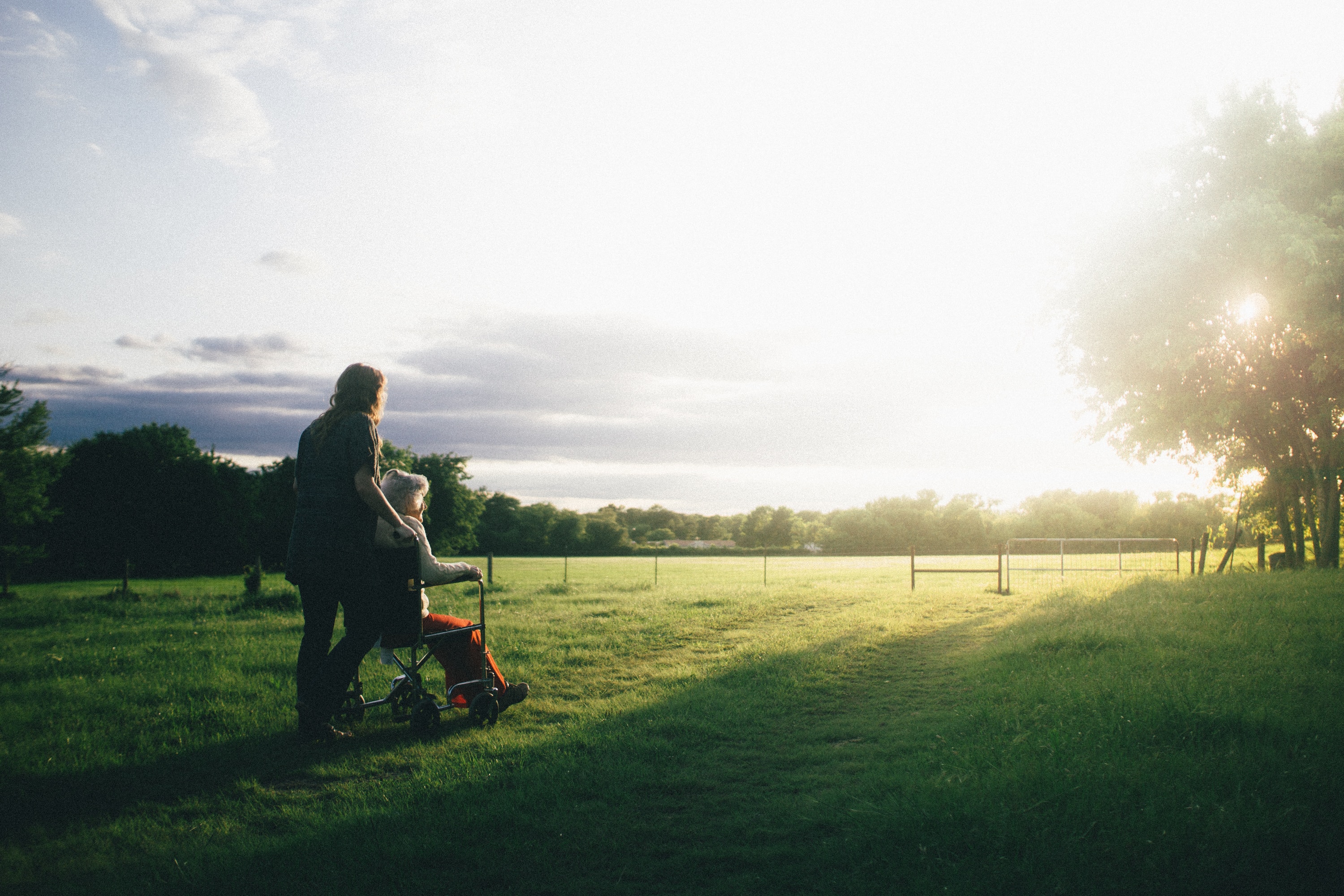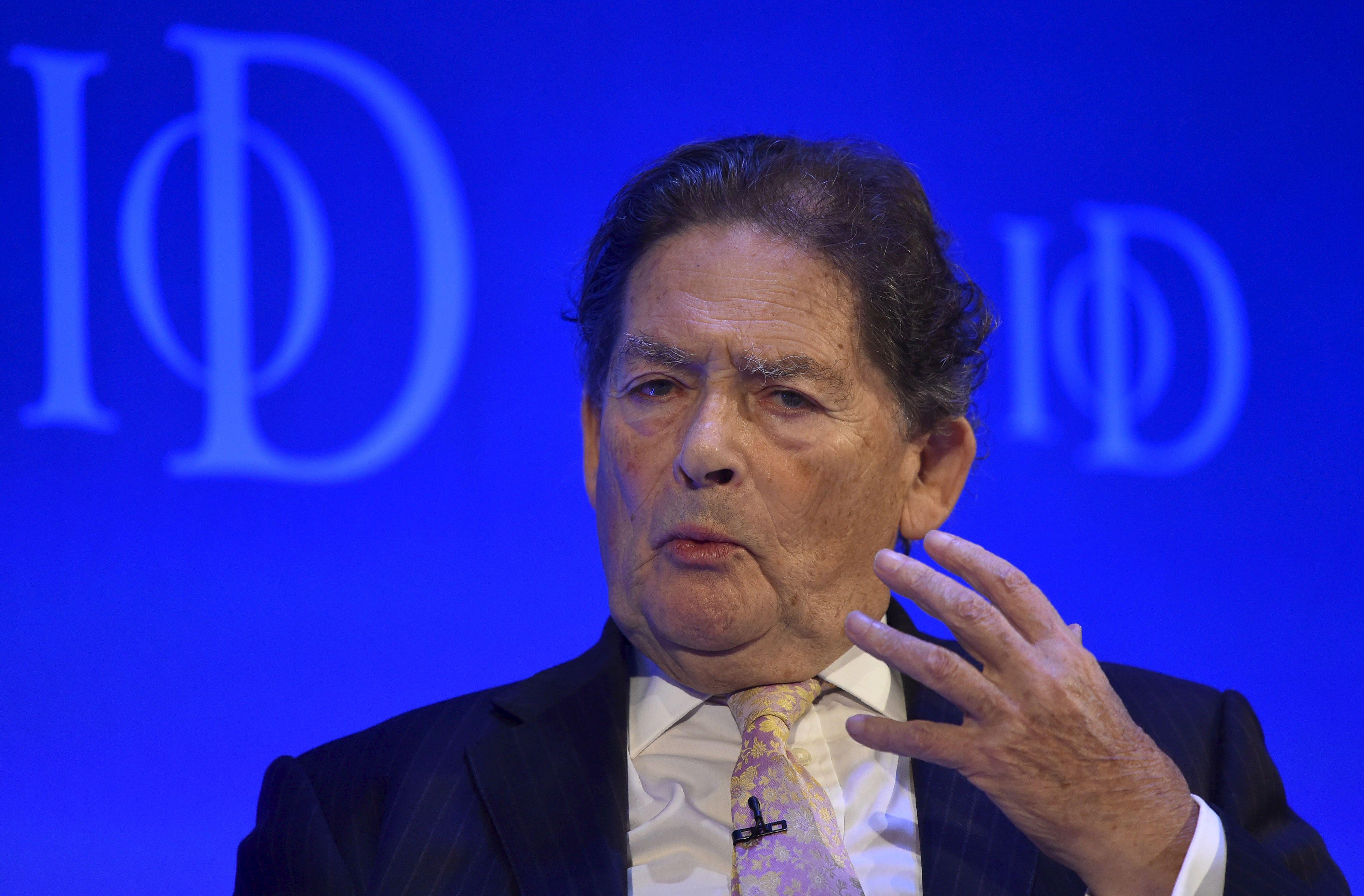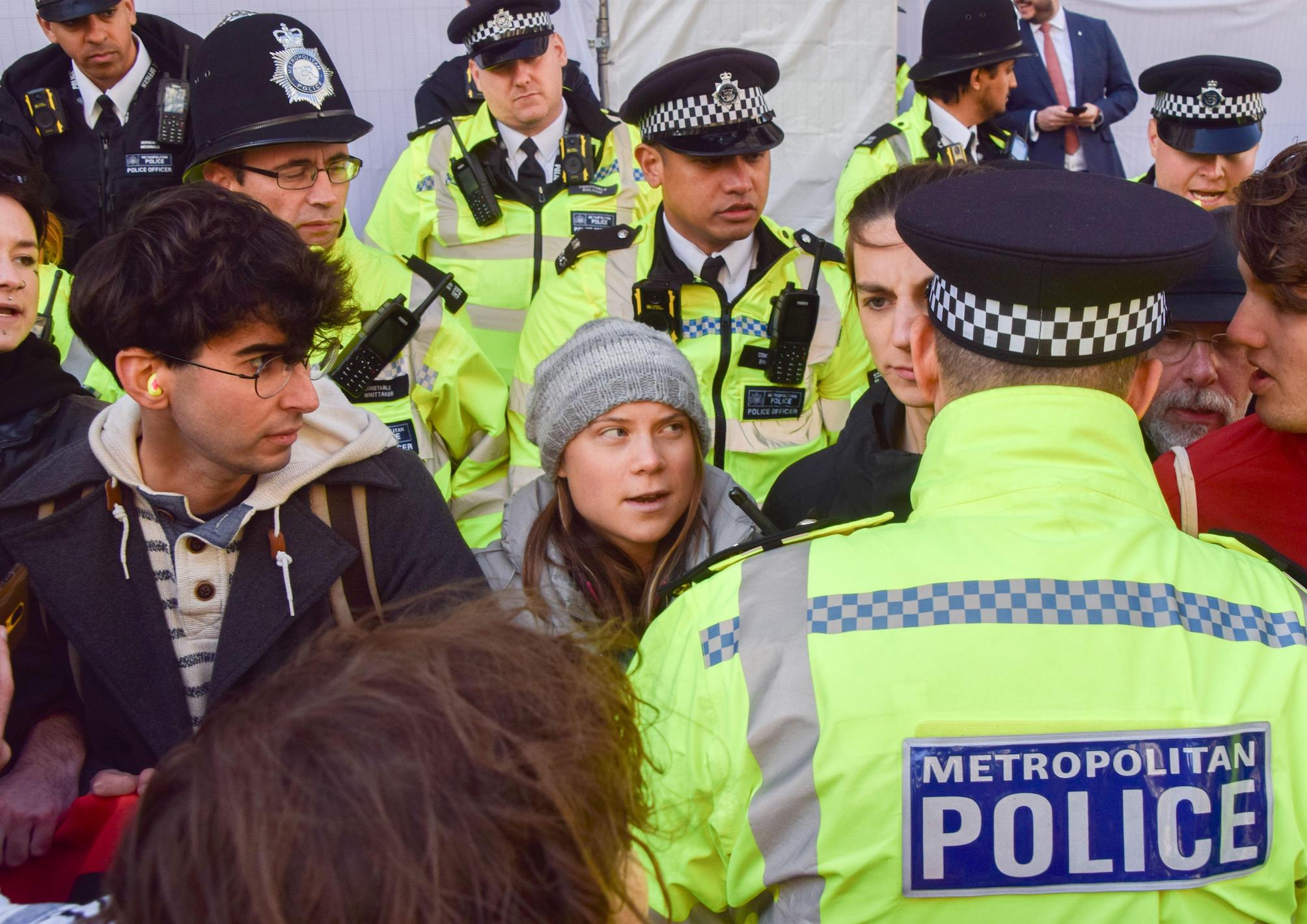London's air killed my daughter. To save kids like Ella, we need to go beyond ULEZ.
From scrappage schemes for older cars, to more walkable and bike-friendly cities - there's so much more the government should be doing to help people adapt.
My eldest daughter, Ella, was born a healthy, active child, until she developed severe asthma at the age of 6. She was subsequently hospitalised 28 times in 28 months, and died of a cardiac arrest at the age of just 9, in 2013.
Ella didn’t live long enough to learn what had triggered her asthma: illegal levels of air pollution from the diesel and petrol traffic on London’s South Circular, near our home. A coroner finally confirmed it in December 2020, following my campaign for a second inquest into her death, saying that Ella wouldn’t have developed asthma or died on that fatal night if it weren’t for the illegal levels of air pollution in Lewisham.
As a result, Ella remains the only person in the world to have air pollution listed as a cause of death on her death certificate.
Sometimes, people perceive my campaign to clean up the air we breathe as a personal attack on their daily lives - on their cars, their fireplaces, their Guy Fawkes bonfires. But they can’t see the invisible deadly pollution lurking all around them.
“A decade after my daughter died, people are still suffering and dying from exposure to dirty air.”
I care about people’s health, and I see the social inequality gap growing wider - meaning it is always the most vulnerable who will feel the worst impacts of poor air quality. But, while individual people should make changes where they can, ultimately the responsibility is on political leaders to protect our ability to breathe and, consequently, our right to life.
Air pollution impacts every organ in the body. It is linked to all non-communicable diseases, including asthma, lung and heart disease, cancer, stroke, depression, dementia, infertility, miscarriage, low birthweight and early birth. Children are the most at risk, because they are exposed the longest, from before their lungs have fully developed.
A decade after my daughter died, people are still suffering and dying from exposure to dirty air. It’s linked to between 28,000 and 36,000 premature deaths per year in the UK, according to government statistics. Bringing pollution in line with the World Health Organisation’s [WHO] guidelines for acceptable air quality levels, on the other hand, would inject £1.6 billion in economic benefits and an extra 3 million working days per year (due to fewer sick days).
Positive steps are being made, although not enough. London’s launch of the Ultra Low Emissions Zone (ULEZ) marked a significant step in the right direction for people all around the city. As of February, harmful pollutants had declined by a quarter as a result of the new policy. The expansion of ULEZ in August brought more households within a protected area for cleaner air. After just a month, there were already an average of 45% fewer dirty cars in the zone, and 2% fewer cars overall.
But, as the ULEZ debate - including all the backlash - has shown, governments need to approach these changes holistically and help people adapt, for example by providing clear and accessible scrappage schemes for older cars; creating more school streets; making public transport cleaner, safer, more efficient, and more affordable; and making walking and cycling infrastructure safer and more extensive.
Due to the seriousness of this public health emergency, I believe the government must enshrine our human right to breathe clean air into law - and that is exactly what Ella’s Law seeks to achieve. The bill would create a plan for the UK to improve its air quality in line with WHO’s acceptable levels, and reduce the number of children breathing in fumes from traffic, chimneys, construction, mould and other sources.
We launched a petition in June, accrued 10,000 signatures within nine days, and are now waiting on the government to give us a mandatory response. Now, we are pushing to get to 100,000 signatures which would require Parliament to debate Ella’s Law and bring this public health emergency to the forefront.

Meanwhile, I am calling on local and national governments to do more to inform people of the dangers of air pollution, and follow the coroner’s three points on how to prevent future deaths like Ella’s.
First, set binding targets to bring the UK’s air quality in line with WHO’s guidelines - “as a minimum requirement.” The coroner made clear that there is no safe level of PM2.5 pollution, which is emitted from the burning of fossil fuels and wood. Meeting WHO’s guidelines would reduce premature deaths.
Second, raise public awareness of air pollution by increasing the amount of monitoring and making the information more easily accessible. Imagine, for example, if we could see real-time air quality data at bus stops, or visit a website showing our neighbourhood and route to school drop-offs. This would enable people to reduce their exposure to dirty air by avoiding hot spots.
Third, train health professionals to better communicate with patients and carers about the potential impacts of air pollution on their health. Medical educators in the UK have taken significant steps since Ella’s death to raise awareness among medics about the environmental factors that could be making their patients sick, and prevent further illness.
Once the British public truly understands what air pollution is doing to our health, to our children, to our NHS and economy, I’m confident they will ramp up the pressure on governments to do more to protect every child’s right to breathe clean air and live a healthy, long, active and productive life.
Take action:
- Sign and share the petition here to show your support for the Clean Air (Human Rights) Bill.
- Write to your MP to tell them why you expect them to back Ella’s Law as it goes through Parliament.
- Post on social media about why Ella’s Law is so important. Maybe you can mention how air pollution has affected your own health, or that of someone close to you. Use the hashtags #EllasLaw and #CleanAirHRBill.
Rosamund Adoo-Kissi-Debrah CBE is founder of the Ella Roberta Foundation and a WHO BreatheLife Ambassador, based in Lewisham, South London.
The Lead is now on Substack.
Become a Member, and get our most groundbreaking content first. Become a Founder, and join the newsroom’s internal conversation - meet the writers, the editors and more.





